CHINA pledges to support the World Health Organization after the WITHDRAWAL of the United States
In a significant development on the global stage, China has pledged to continue its strong support for the World Health Organization (WHO) following the United States’ withdrawal from the organization in 2020. This move by China comes at a time when the WHO’s role in addressing global health crises, such as the COVID-19 pandemic, has been under intense scrutiny. China’s commitment to backing the WHO signals its growing influence in international health policy and contrasts sharply with the approach taken by the U.S. under the Trump administration, which was critical of the WHO’s handling of the pandemic.
The United States’ withdrawal from the WHO
The decision by former U.S. President Donald Trump to withdraw the U.S. from the World Health Organization in 2020 marked a dramatic shift in the country’s approach to global health governance. Trump accused the WHO of mishandling the COVID-19 pandemic, particularly in its initial response to the outbreak in China. He also criticized the WHO for being overly influenced by China, which further strained relations between the U.S. and the organization.
This withdrawal had significant consequences, both for the WHO and for global health initiatives. As one of the largest contributors to the WHO’s budget, the U.S. departure left a major gap in funding, which affected the organization’s ability to carry out its work in health emergencies, disease prevention, and public health initiatives around the world. The U.S. exit also led to a reevaluation of the WHO’s role in the global health landscape, with many nations questioning its effectiveness and transparency.
China’s commitment to supporting the WHO
In stark contrast to the U.S. approach, China has pledged its unwavering support for the WHO, emphasizing its commitment to global health cooperation. As the world’s most populous country and a rising superpower, China’s decision to back the WHO is seen as a strategic move to position itself as a leader in global health and diplomacy. The Chinese government has highlighted the importance of multilateralism and global cooperation in addressing health challenges, particularly in the face of a pandemic that has devastated countries around the world.
China’s support includes continued financial contributions to the WHO, as well as active participation in its initiatives. The Chinese government has reiterated its belief in the WHO’s role in coordinating global health responses, conducting research, and providing technical assistance to countries in need. With the U.S. stepping back, China’s involvement in the WHO has become even more critical in ensuring that the organization remains functional and effective in tackling health emergencies worldwide.
The impact of China’s support for the WHO
China’s pledge to support the WHO has several key implications for both the organization and global health governance. First and foremost, it provides the WHO with much-needed financial backing at a time when other countries, including the U.S., have scaled back their contributions. China’s funding and support help ensure that the WHO can continue its work, especially in low-income countries where health systems are underdeveloped and vulnerable to outbreaks of disease.
In addition to financial contributions, China’s support also strengthens the WHO’s ability to respond to health crises by providing technical expertise, medical supplies, and vaccines. During the COVID-19 pandemic, China played a critical role in producing and distributing vaccines, which were made available to countries around the world through WHO programs like COVAX. China’s active involvement in these initiatives has bolstered the WHO’s credibility and demonstrated the importance of international cooperation in tackling global health threats.
Moreover, China’s support for the WHO is part of its broader strategy to enhance its influence in global governance. By championing the WHO’s role, China is positioning itself as a key player in shaping the future of international health policy. This move also aligns with China’s long-term objectives to project its soft power and strengthen its global leadership.
The role of the WHO in global health
The World Health Organization plays a vital role in coordinating global responses to health emergencies, developing health policies, and providing technical assistance to countries. Despite criticism from some quarters, the WHO has been instrumental in leading efforts to combat pandemics, eradicate diseases, and promote health equity worldwide.
The WHO’s work includes overseeing the distribution of vaccines, providing technical guidance to governments on health measures, conducting research on emerging diseases, and offering humanitarian aid in times of crisis. The organization also works to improve health systems in developing countries, helping to build infrastructure and provide training to healthcare professionals.
With the global health challenges posed by COVID-19 and other infectious diseases, the role of the WHO has never been more crucial. However, the organization’s ability to fulfill its mission depends on the support of member states, both in terms of funding and political backing. China’s continued support for the WHO is therefore essential for maintaining the organization’s ability to respond effectively to future health crises.
Global response to China’s support for the WHO
China’s pledge to support the WHO has garnered mixed reactions from the international community. While many countries have welcomed China’s commitment to global health cooperation, others remain wary of China’s growing influence in international organizations. Critics argue that China’s support for the WHO is part of a broader effort to exert political influence, especially in regions where China has strategic interests.
Nevertheless, China’s involvement in global health governance is increasingly seen as essential in addressing the complex health challenges of the 21st century. As the world grapples with new and emerging infectious diseases, as well as the ongoing impact of COVID-19, the need for strong and effective global health leadership has never been more urgent. The WHO’s ability to fulfill this role depends on the collaboration and support of its member states, including China.
The future of global health governance
The departure of the United States from the WHO and China’s pledge to support the organization highlights the shifting dynamics of global health governance. As the world’s two largest economies, the U.S. and China, have divergent views on the role of the WHO and international cooperation, the future of global health policy may be shaped by competing visions of how to address health challenges.
China’s growing influence in global health could lead to a more multilateral approach, where international organizations like the WHO are given greater authority to coordinate responses to global health threats. At the same time, the U.S. and other Western nations may continue to push for reforms to ensure greater transparency and accountability within the WHO.
Ultimately, the future of global health governance will depend on the ability of nations to work together to address health issues that transcend borders. China’s commitment to supporting the WHO is a step in the right direction, but it is essential that all nations contribute to building a more effective and equitable global health system.
In Conclusion
China’s pledge to support the World Health Organization after the U.S. withdrawal underscores the shifting dynamics of global health leadership. With the WHO playing a central role in tackling health crises and promoting public health worldwide, China’s continued backing is essential for ensuring that the organization remains effective and operational. As the world continues to face health challenges like COVID-19 and beyond, the importance of international cooperation and multilateralism in addressing these issues will only grow. China’s support for the WHO is a testament to its growing role in global health governance, and it highlights the need for greater collaboration to secure a healthier, more resilient world.
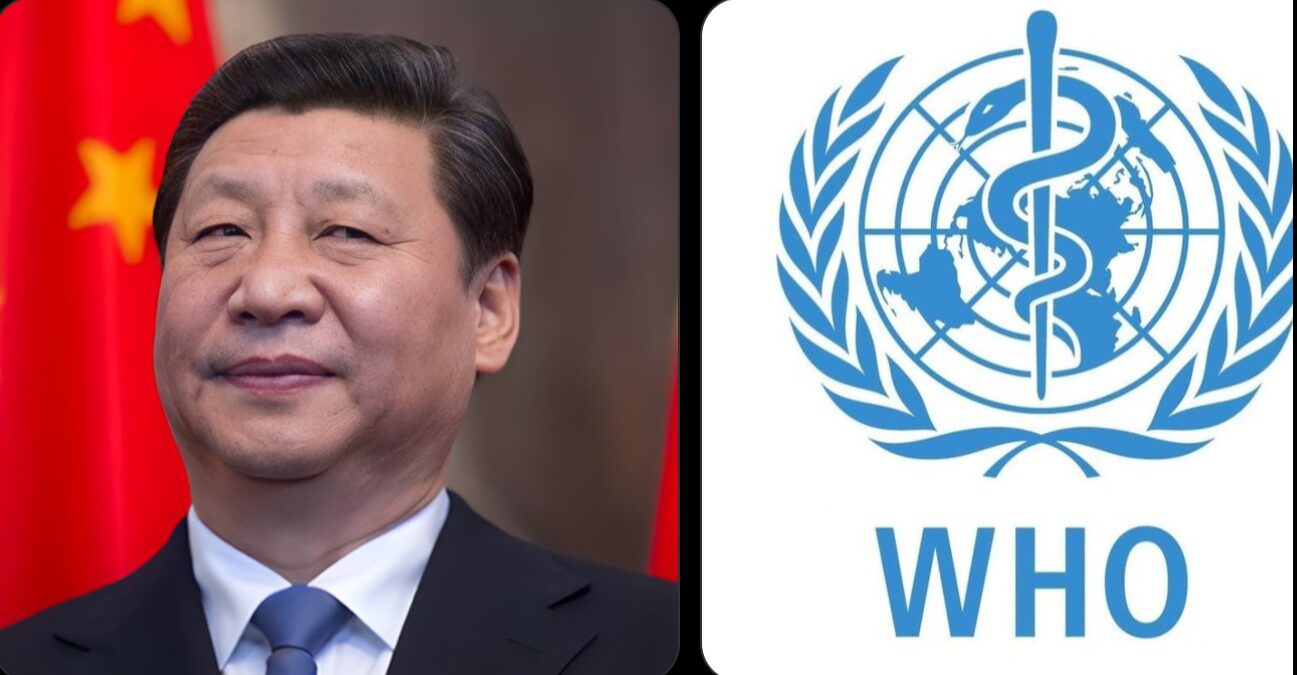



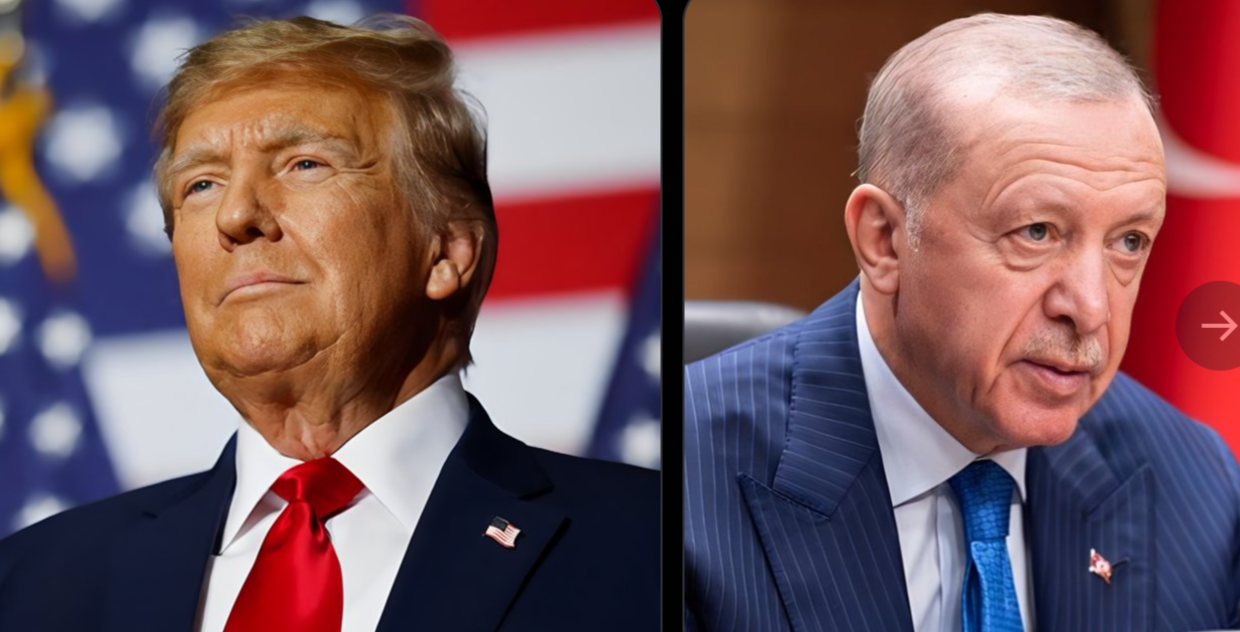
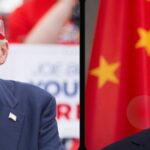
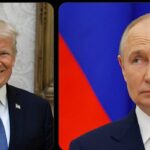
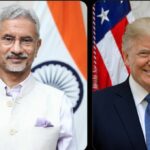









Post Comment